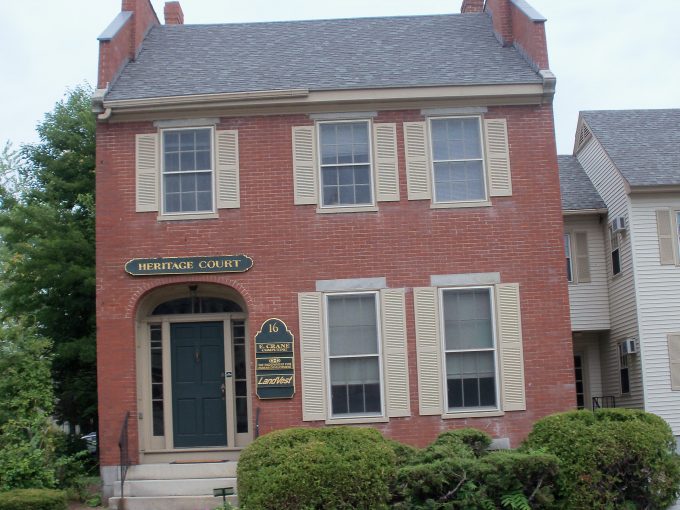
Sunday, 31 March 2019
…quenched the violence of fire, escaped the edge of the sword, out of weakness were made strong, became valiant in battle, turned to flight the armies of the aliens. Hebrews 11:34
The list of deeds of the faithful continues in this verse. Here, the author reminds us of the great faith of Shadrach, Meshach, and Abednego, three men who stood against the king of Babylon at the risk of being thrown into a fiery furnace. As it says of them, they “quenched the violence of fire.” The words should rather say, “quenched the power of fire.” The account is found in Daniel 3. When so threatened, they responded as one –
“If that is the case, our God whom we serve is able to deliver us from the burning fiery furnace, and He will deliver us from your hand, O king. 18 But if not, let it be known to you, O king, that we do not serve your gods, nor will we worship the gold image which you have set up.” Daniel 3:17
The author next says that some “escaped the edge of the sword.” The word “edge” is literally “mouth,” and it is in the plural. The edge of the sword is likened to a devouring instrument that consumes souls. Being in the plural, the symbolism is that of cutting both ways and causing maximum damage. To escape “the edges of the sword” is to then have been spared in a remarkable way. It is as if there was nowhere to go, and yet relief was found. There was a trust in God, and God delivered them.
David and Elijah both escaped such a sword, as did others in various accounts, but it may be that the term, which is exactingly used by Jeremiah and Ezekiel, is what is on the author’s mind. Jeremiah prophesied of those who would escape the sword when exiled to Egypt, returning again to Judah. It may be that these were the only exiles who had faith in the Lord, and the Lord returned them based on that. In Ezekiel, it speaks of those who “escape the sword” from among the nations as well. The few people of faith, living in exile, would be spared.
The author next says, “out of weakness were made strong.” Here, it should say, “from weakness.” This is not necessarily speaking of someone who was sick or debilitated and then reinvigorated (such as Hezekiah). Rather, it is probably a reference to Samson who “from weakness” was able to destroy the Philistines by collapsing the building down upon them and upon himself.
Next, he notes those who “became valiant in battle.” Numerous heroes of Israel could be on the author’s mind, and he makes this a summary statement of any or all he was thinking about. Joshua, Barak, Saul, David, and many of the men under them, are recorded as champions in the battle, displaying a valiant nature in warfare.
Finally, the verse says that they “turned to flight the armies of the aliens.” Again, the number of accounts is long concerning such exploits. Saul’s son Jonathan, in faith, began a battle which led to a route of the Philistines. At other times, the armies of Ammon, Moab, and Assyria (among others) are noted as having been turned back.
Life application: Many of the prophets of old were threatened with death for speaking the word of the Lord, but the Lord often (but not always) saved them from the edge of the sword. Those whose weakness was turned to strength actually include all of those herein mentioned in this commentary, as well as all others in this Hall of Fame. On our own, despite how we may perceive ourselves, we are incapable of handling life’s pressures and stresses. God gives strength to all, but not all give Him the credit He is due. The greats in the Hall of Fame are those who became valiant. They realized that the power they possessed was granted to them, not something which came from them. Remember to praise the Lord for every accomplishment that you participate in.
Again we thank you Lord for the wonderful stories of faithful followers who are recorded in Your word. We look back on their achievements and see Your hand at work in their lives. Likewise, be with us and guide us through the flames, the swords, the weaknesses, and the battles. In return, we will be sure to turn and give You the praise that You are due! Amen.




